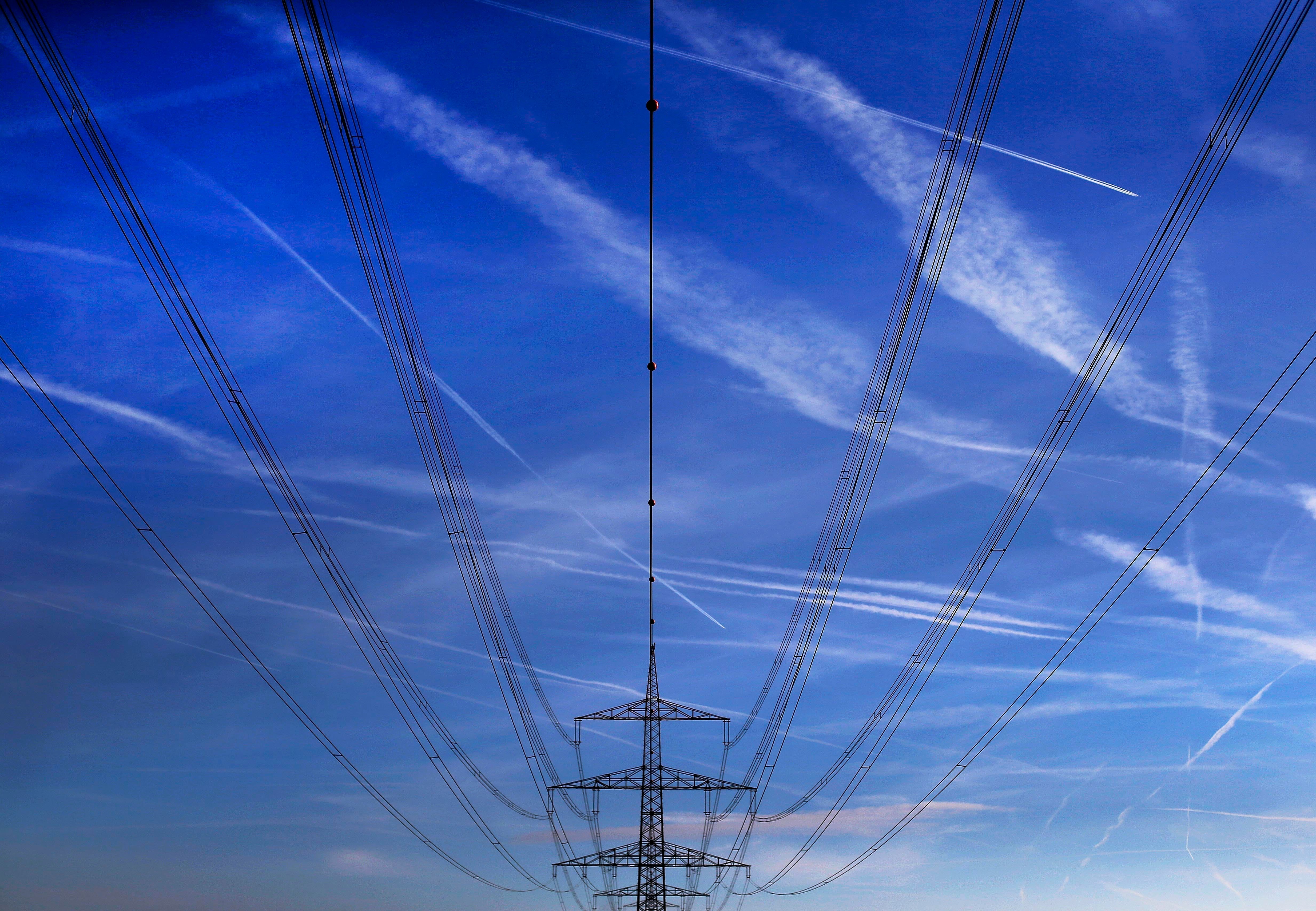Germany and Dutch-owned operator end talks on grid sale because of budget constraints
A state-owned Dutch company that is the biggest electricity grid operator in Germany says talks on selling its German business to the government in Berlin have been terminated due to the administration’s budget constraints

A state-owned Dutch company that is the biggest electricity grid operator in Germany said Thursday that talks on selling its German business to the government in Berlin have been terminated due to the administration's budget constraints.
TenneT, one of four transmission network operators in Germany, announced plans for the talks in February 2023. At the time, it said it needed a “structural solution” to funding needs for its German business as the grid is bolstered to handle the transition to renewable energy, which it put at about 15 billion euros ($16.1 billion).
The transmission lines are crucial for Germany’s plans to completely shift its power production from fossil fuels to renewable energy by 2045 at the latest. At present, some of the electricity generated by wind farms in northern Germany can’t be dispatched to the south due to lack of transmission capacity.
The German government has now informed the Netherlands that “it cannot deliver on the planned transaction due to budgetary challenges,” TenneT said in a statement Thursday.
Chancellor Olaf Scholz's quarrelsome three-party coalition is currently arguing about how to put together a 2025 budget while adhering to Germany’s tight self-imposed rules on running up debt. That problem already forced a hasty, court-mandated rehash of the 2024 budget, complete with subsidy cuts that prompted protests by farmers.
TenneT, which also operates the Netherlands’ grid, said it envisions “tapping into public or private capital markets for a structural funding solution for its German operations." It added that the German government “is committed to support such alternative solutions."